Lucidea’s Lens: Knowledge Management Thought Leaders Part 42 – Agnes Molnar

Stan Garfield

Agnes Molnar, CEO of Search Explained, specializes in information architecture and enterprise search. She is a consultant, speaker, mentor, author, and entrepreneur. Her goal is to create awareness regarding search options, techniques, and proven practices. She lives in Eindhoven, Netherlands.
Agnes studied information technology at the Budapest University of Technology and Economics and before the completion of her Masters, she had already started off in the field of IT. She was certified as a Scrum Master in 2012 and MCT (Microsoft Certified Trainer) in 2006.
Agnes is a founding member of The Search Network, a global community of independent search professionals and contributor to the annual report, Search Insights. She’s a Microsoft Regional Director and has been awarded a Most Valuable Professional (MVP) by Microsoft every year since 2008. Agnes is a regular speaker at conferences and workshops around the globe. Her personal blog covers leadership, mentoring, technical writing, public speaking, and more.
Her specialties include:
- Search
- SharePoint
- Microsoft 365
- Microsoft Search
- Information Architecture
- Knowledge Management
- Findability
Education
- Budapest University of Technology and Economics, MSc, Computer Science, 1998-2005
Experience
- Founder and Managing Consultant, Search Explained
- Founding Member, The Search Network
- Founding Member, Round
- Regional Director, Microsoft
- Mentor, Microsoft for Startups
- Co-organizer, IKO (Innovations in Knowledge Organization) Conference
Profiles
Books
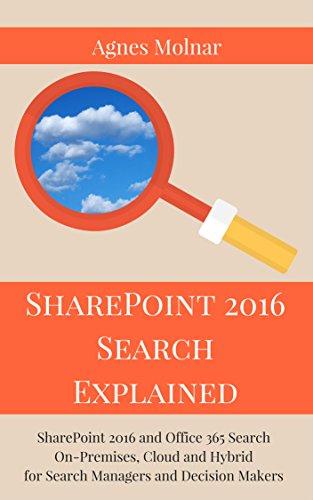
Google Search Appliance Retirement Explained: What’s Next?

Improve It! A collection of essays on using analytics to accomplish more with SharePoint edited by Loren Johnson and Jean-Marc Krikorian – Chapter 6: Enterprise Search
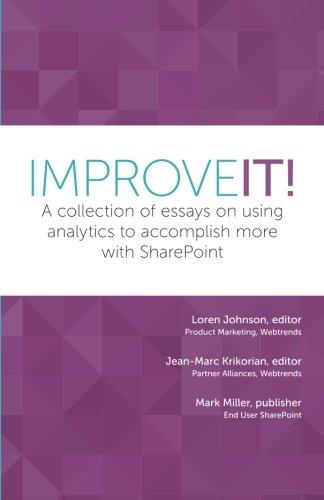
Content
- Articles
- Posts
- LinkedIn Newsletter: Leadership Emotions – The human side of being a leader
Conferences
- Taxonomy Boot Camp
- Enterprise Search & Discovery
- KMWorld
- IKO (Innovations in Knowledge Organization)
Podcasts
- Mavens Do It Better
- #MVPbuzzChat – buckleyPLANET
- WITGirls
- SharePoint: When search becomes intelligent
- Shared Insights: SharePoint 2016 Search
Search Insights Articles
- Communicating enterprise search for success
- The challenge of information quality
- Microsoft Search in Office 365
- Microsoft search, Search team skills, Achieving enterprise search satisfaction
- Microsoft SharePoint and Office 365 search
The Five Cs of Enterprise Search: Culture, Content, Challenges, Capabilities, Confines
Culture: When we provide Enterprise Search services (any service), it’s critical to understand the culture of the organization. The goal is always to serve the (human) users, to make their work easier and lives better.
Content: Enterprise Search is all about content and its presentation to the users in the proper context. Knowing the content means knowing what to present to the users. Moreover, if we understand the users and their intent (context) as well, we are also able to plan what they need in what case, what content has to be boosted (by a SharePoint search query rule, for example), what has to be removed or filtered out, etc. – and then we’re on the right track to provide a good Search solution.
Challenges: Each organization has smaller or bigger challenges. Some of these are findability demands (”We want to be able to find this and that”). Some are business process requests (”In this step we need this and that information.”). Some others might be not related to Search at first sight (”We need help with this decision-making process”). What’s common in each of these challenges is that we can help solving them with the help of Enterprise Search. – Maybe not by a traditional Search page, but with some application that uses Search behind the scenes (Search Driven Applications). Of course, we cannot solve everything with Enterprise Search, but we definitely can solve much more than we’d think first.
Capabilities: Every organization has unique capabilities as well. When providing Enterprise Search services, we have to rely on these capabilities, as they can amplify the success. Understanding these capabilities is critical. Similar to our own personal development, we have to rely on these strengths and ride them.
Confines: We find boundaries everywhere. Confines in business are to set the rules, to keep the organization and its employees safe. Being either an employee or an external consultant, we have to know and respect these boundaries. Of course, some of them might make working in the Enterprise Search arena very hard or at least challenging. The key is to be collaborative, in order to provide the maximum value while respecting the boundaries.
Modern Knowledge Management
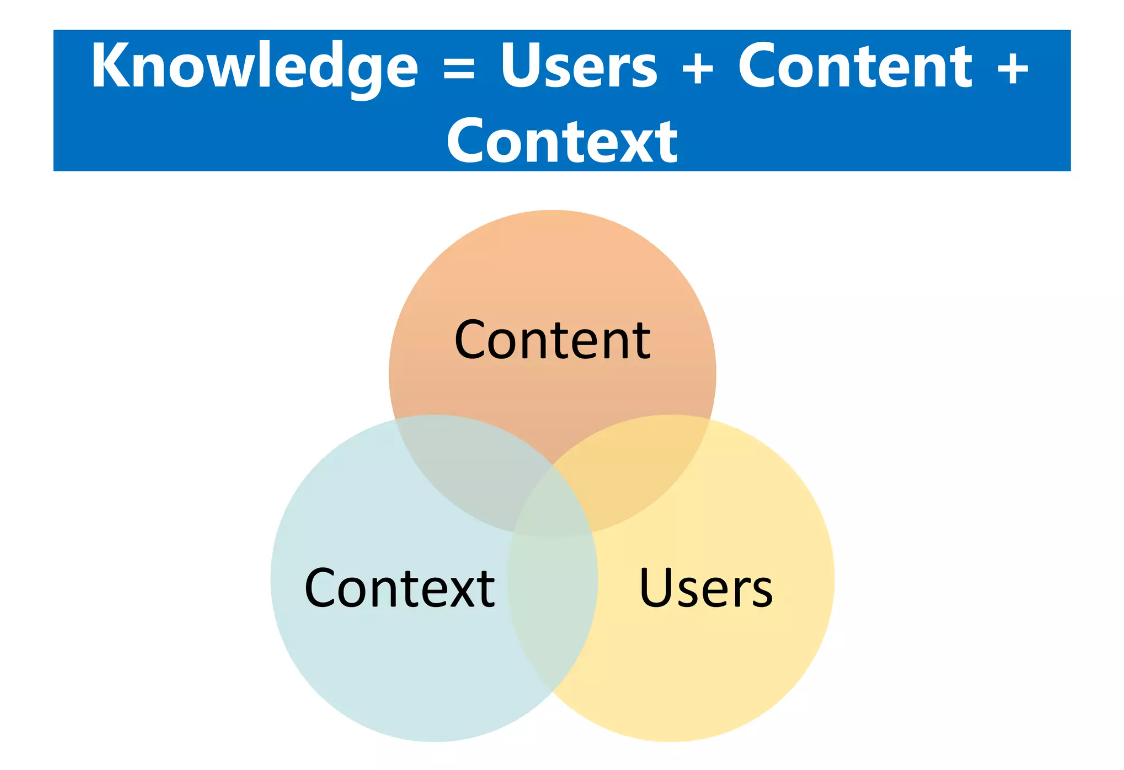
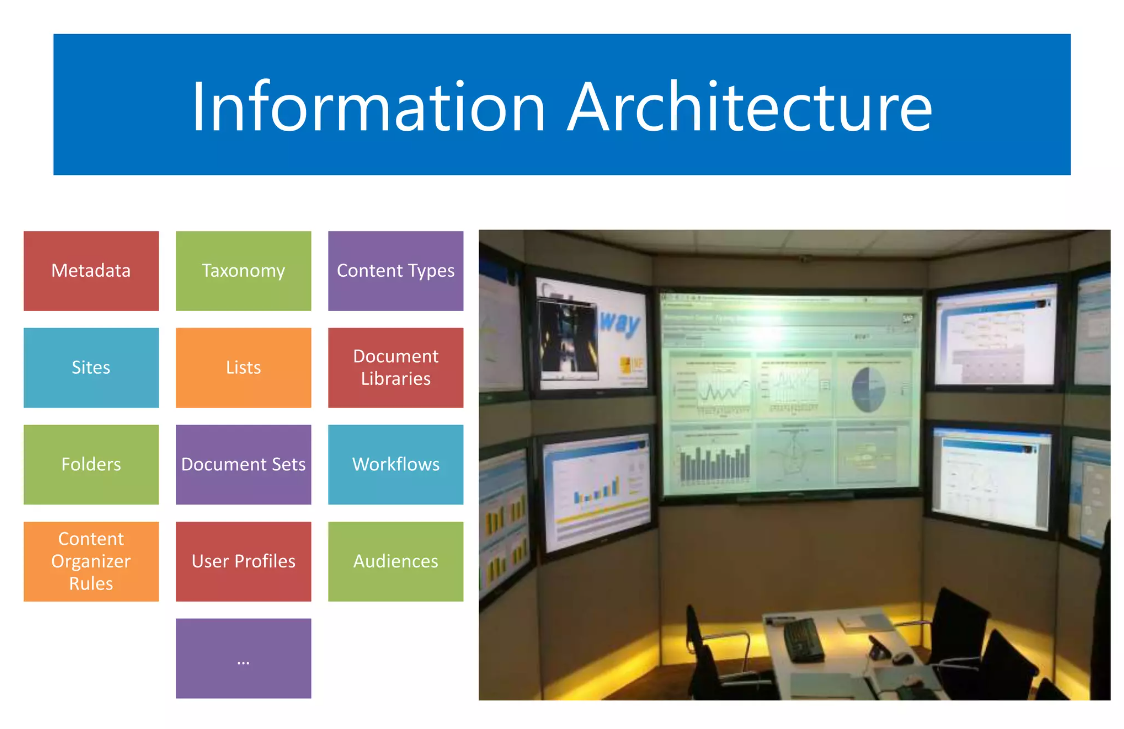
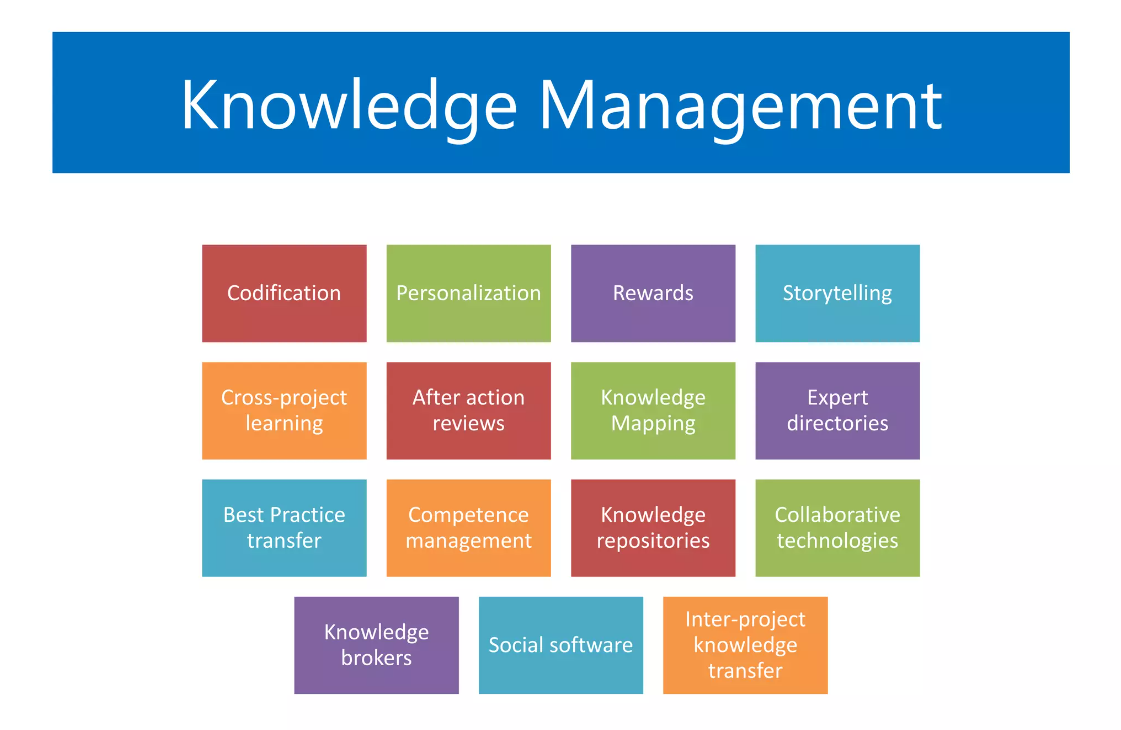

Stan Garfield
Please enjoy Stan’s blog posts offering advice, analysis, and insights drawn from many years as a KM practitioner. You may want to download a free copy of his book, Lucidea’s Lens; Special Librarians & Information Specialists: The Five Cs of KM from Lucidea Press, and its precursor, Proven Practices for Implementing a Knowledge Management Program. Learn about Lucidea’s Presto, SydneyEnterprise, and GeniePlus software with unrivaled KM capabilities that enable successful knowledge curation and sharing.
Never miss another post. Subscribe today!
Similar Posts
Lucidea’s Lens: Knowledge Management Thought Leaders
Part 108 – George Siemens
In this edition of Lucidea’s Lens Stan Garfield profiles George Siemens—pioneering voice in connectivism and a driving force behind MOOCs and learning analytics—whose work continues to reshape how we understand learning knowledge creation and the role of technology in education and professional development.
Lucidea’s Lens: Knowledge Management Thought Leaders
Part 107 – Arthur Shelley
Explore Arthur Shelley’s insights on leadership co-creation and knowledge strategy through curated works that showcase his expertise in collaboration and innovation.
Lucidea’s Lens: Knowledge Management Thought Leaders Part 106 – Hubert Saint-Onge
As the creator of the Knowledge Assets Framework Hubert has shaped how businesses integrate strategy leadership and knowledge sharing to drive performance.
Lucidea’s Lens: Knowledge Management Thought Leaders
Part 105 – James Robertson
James Robertson is a pioneer in intranet strategy and digital workplace design helping organizations create seamless employee experiences. As the Founder of Step Two and a respected industry voice he has shaped best practices in content management portals and digital experience design.






Leave a Comment
Comments are reviewed and must adhere to our comments policy.
0 Comments